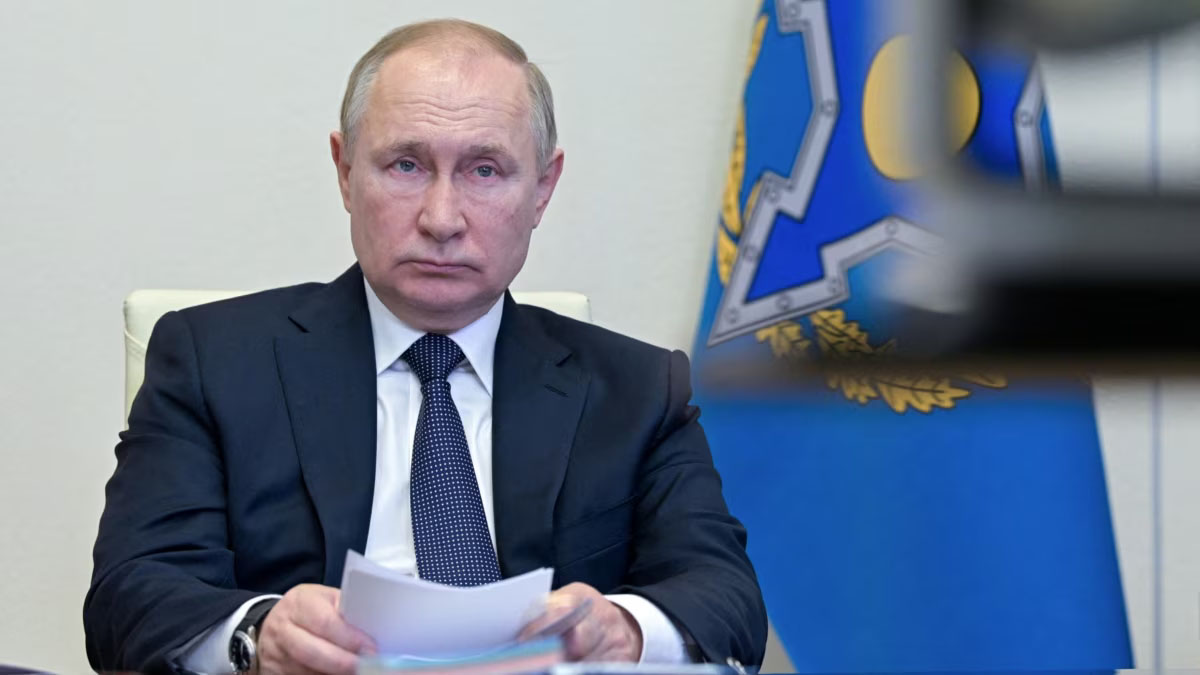Photo Credit: Getty Images
In a candid address on December 19, Russian President Vladimir Putin expressed his readiness to negotiate an end to the Ukraine war, contingent on mutual compromises. Speaking at his annual televised session, claimedhinted at potential talks with U.S. President-elect Donald Trump, who has vowed to resolve the conflict swiftly. However, Putin's remarks underlined Russia's unwavering stance on key issues, notably Ukraine's NATO aspirations.
The Russia-Ukraine conflict, which began in 2022, has claimedn tens of thousands of lives and displaced millions. Moscow, which controls roughly 20% of Ukraine, portrays its actions as a defensive operation against NATO's expansion. In recent months, Russian forces have advanced strategically, capturing key territories and threatening hubs like Pokrovsk. "We are moving towards solving our primary tasks," Putin stated, emphasizing progress despite the war's complexities.
Putin's remarks also highlighted the economic toll of the war. Russia's economy, though resilient, faces overheating and inflation concerns. Yet, Putin noted growth rates surpassing those of nations like Britain, asserting, "We have moved back from the edge of the abyss." Reflecting on the war's trajectory, he admitted Russia should have acted sooner, suggesting earlier intervention could have mitigated the current challenges.
Military developments were another focal point. Putin championed Russia's new "Oreshnik" hypersonic missile, deemed invincible by Moscow. He proposed a provocative test targeting Ukrainian defenses, challenging Western air systems. "We are ready for such an experiment, but is the other side ready?" he quipped. The missile's potential deployment underscores Russia's strategic focus on technological superiority.
On diplomacy, Putin reiterated openness to negotiations, insisting any agreements be reached with Ukraine's legitimate authorities. This condition reflects Moscow's skepticism towards President Volodymyr Zelenskyy, whose term extension amid the war complicates his legitimacy in Russian eyes. Putin also referenced preliminary agreements from 2022 talks in Istanbul, asserting they could serve as a foundation for peace.
The geopolitical stakes extend beyond Ukraine. Putin dismissed suggestions of declining Russian influence in the Middle East, emphasizing its sustained military presence in Syria. "Rumors about the death of Russian influence are exaggerated," he remarked, highlighting Moscow's long-term regional strategies.
Putin is advancing in a dual approach—escalating military advances while signaling readiness for talks—illustrates Russia's calculated maneuvering. Whether through negotiations or continued confrontation, the Kremlin appears determined to secure its objectives.


